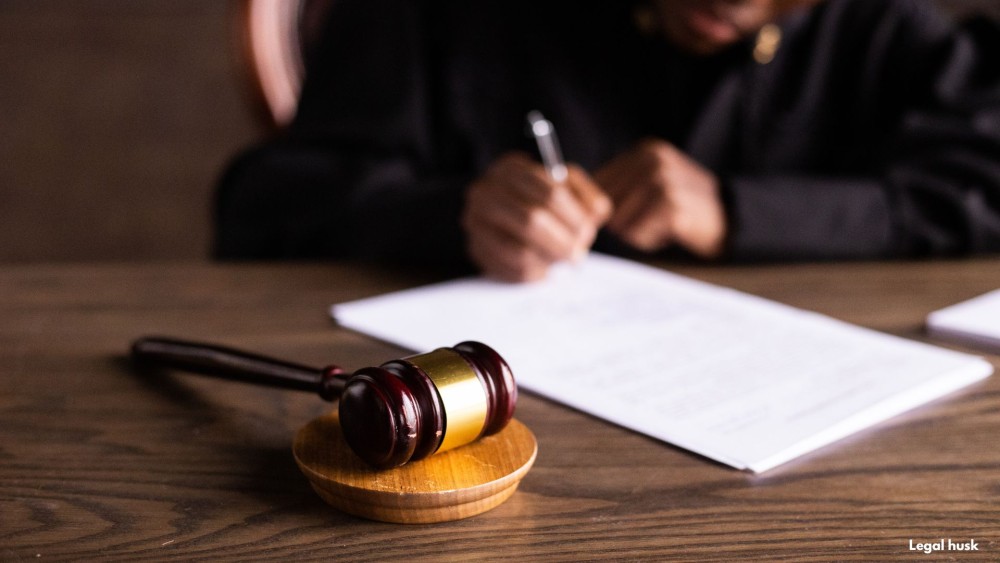
When a motion to dismiss threatens your case before trial, your pretrial brief can shift the momentum. By strategically using legal facts, procedural history, and persuasive framing, you can overcome dismissal and secure your opportunity to be heard. This article breaks down how to construct a powerful pretrial brief that anticipates and neutralizes a motion to dismiss.
Learn More →
Discovery is more than a fact-finding mission—it's a roadmap to persuasion. When discovery findings are seamlessly woven into your pretrial brief, you provide the court with a compelling preview of your case that underscores credibility, supports motions, and eliminates ambiguity. This article walks you through the art of integrating discovery results into a persuasive and powerful pretrial brief.
Learn More →
A well-crafted pretrial brief is more than a trial roadmap—it can be a powerful asset when pursuing or opposing a motion for summary judgment. Integrating strategic argumentation and evidentiary clarity into your pretrial submissions lays the groundwork for compelling motion practice. In this article, we break down how pretrial briefs interact with summary judgment motions and how attorneys can use both to influence early resolution.
Learn More →
Judicial notice allows courts to recognize certain facts as true without requiring evidence, saving time and clarifying legal arguments. Properly invoking judicial notice in a pretrial brief can lend authority and credibility to your position. This article explains when, why, and how to include judicial notice in your pretrial submissions for maximum procedural impact.
Learn More →
Pretrial briefs are not just trial preparation tools—they are critical instruments in motion practice that can shape rulings, highlight evidentiary challenges, and frame legal debates. Understanding how to incorporate pretrial briefs effectively into motion practice improves your ability to advocate persuasively and anticipate courtroom dynamics. This guide explains the strategic value of pretrial briefs in motion practice and how to maximize their impact.
Learn More →
Pretrial briefs are critical advocacy tools, but knowing how to respond to opposing counsel’s submissions can provide a strategic advantage. A well-crafted response can expose weaknesses, reinforce your claims, and steer pretrial negotiations favorably. This article explores best practices for responding to opposing counsel’s pretrial brief, ensuring your arguments remain clear, persuasive, and well-positioned.
Learn More →Whether you are dealing with a complex family matter, facing criminal charges, or navigating the intricacies of business law, our mission is to provide you with comprehensive, compassionate, and expert legal guidance.